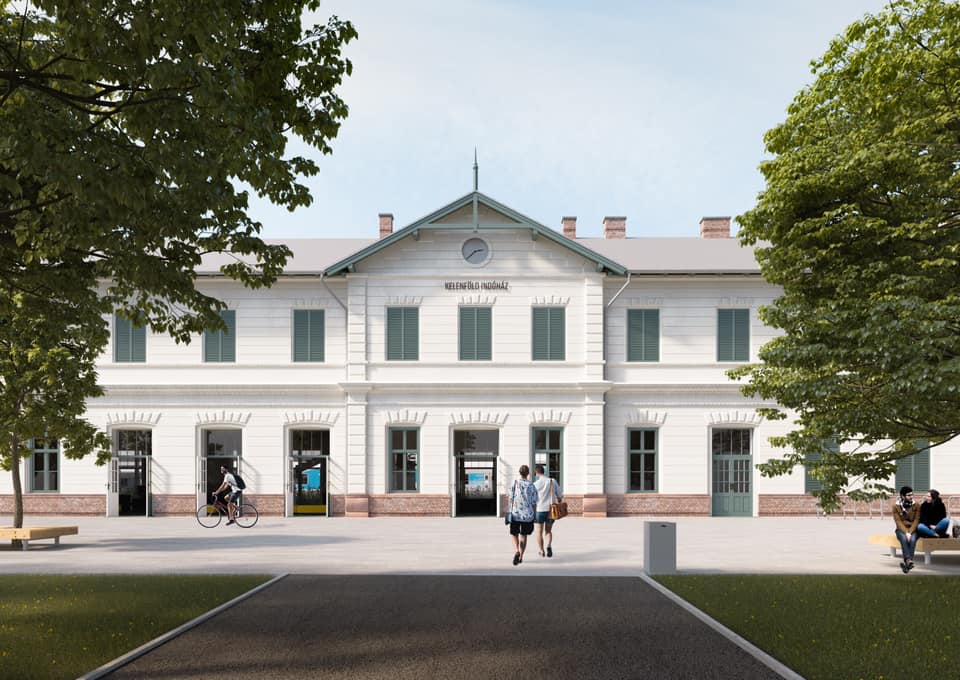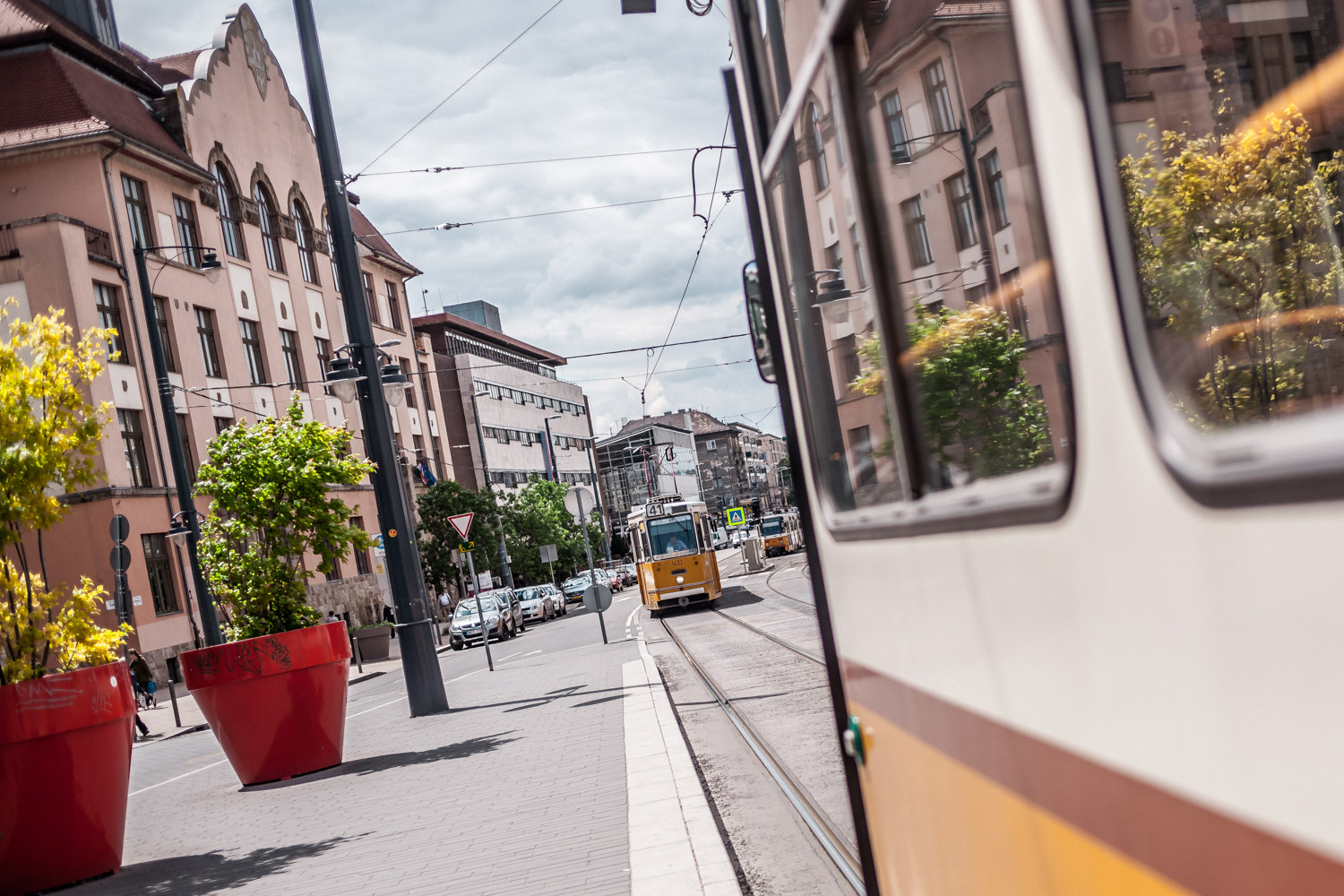As a protected
monument, Kelenföld station has
not only been deteriorating in terms of its condition, but it also lost much of
its functionality and focus after the underpass of Metro 4 was built a few
years ago.
Now there are visualisations showing how this neglected
building will look in the future, while the content of the proposed museum is
constantly being developed, too. The next steps involve acquiring building
permits and calling for tenders, after which the salvage operation of this
137-year-old edifice can finally begin.
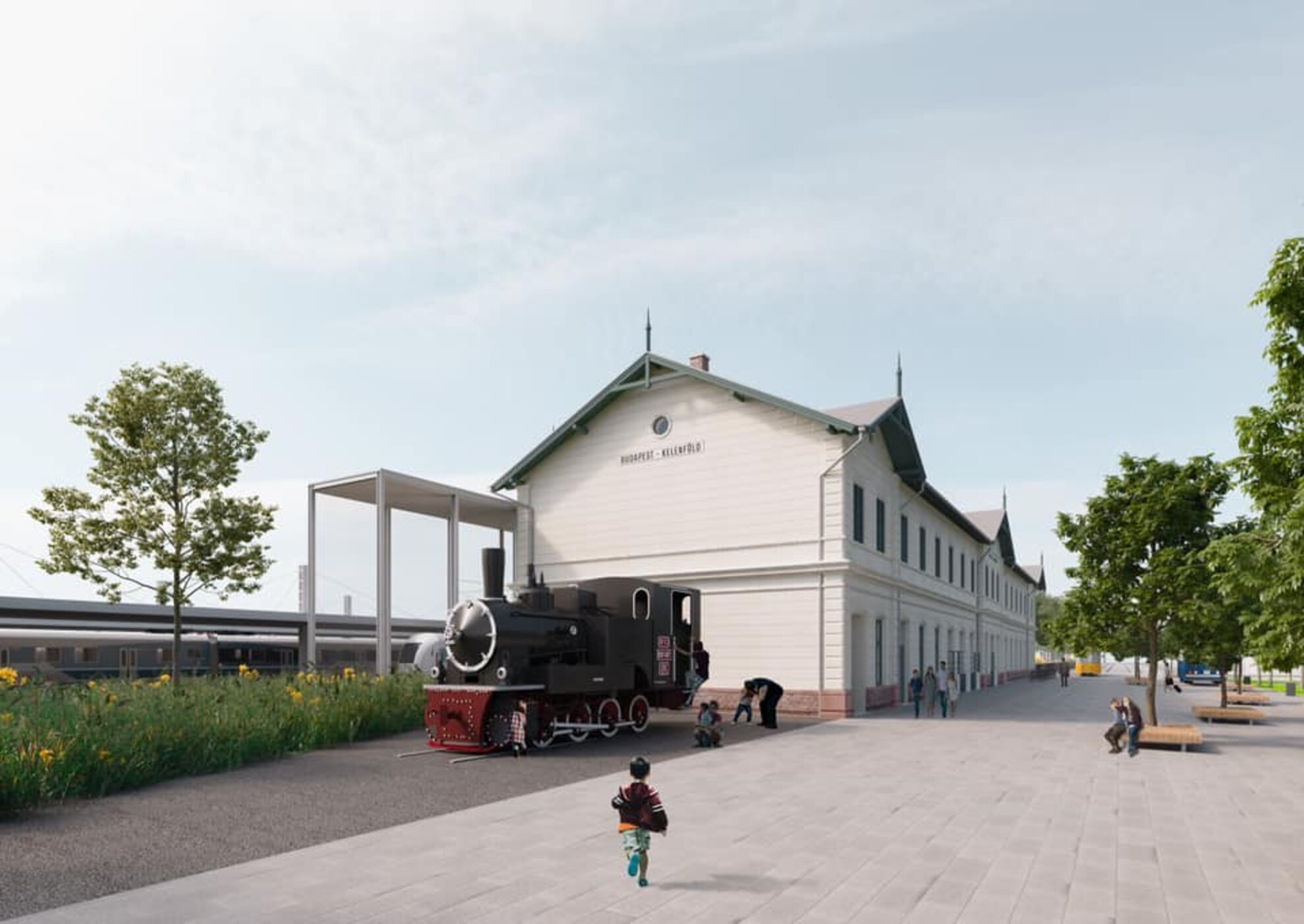
Under the auspices of
the Transport Museum, a new exhibition
space will be established inside the building, dealing with the history of the
Hungarian railway – the main attraction will be a large train layout. In
addition, temporary exhibitions and educational services will also feature at
this new cultural attraction.
For children, a railway-themed playground will
be set up next to the building, while a terrace will host outdoor film screenings. Another terrace will be a vantage point for
trainspotting, and a new bistro is also being planned. An old steam locomotive of roughly the same vintage as the station will be placed outdoors.
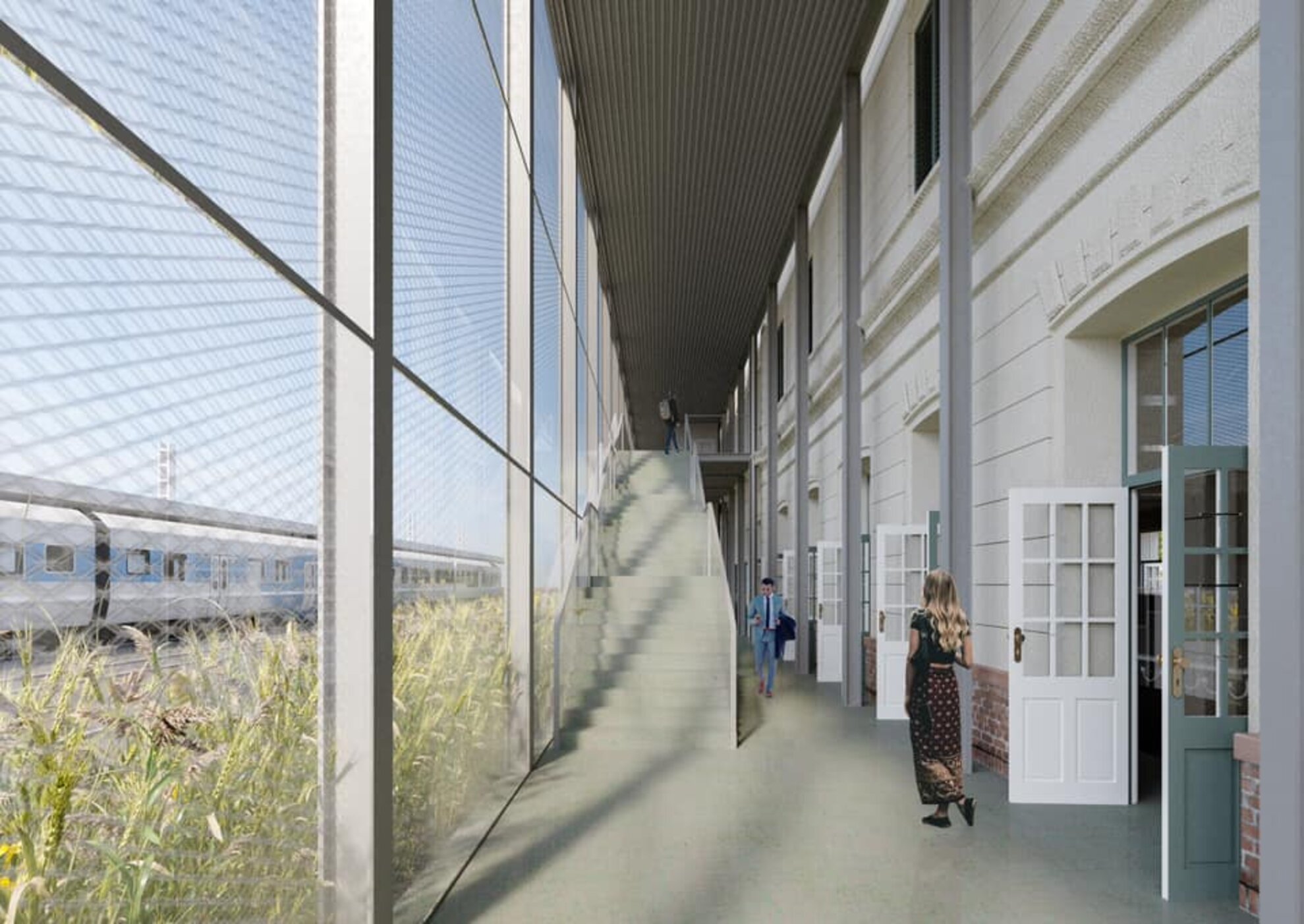
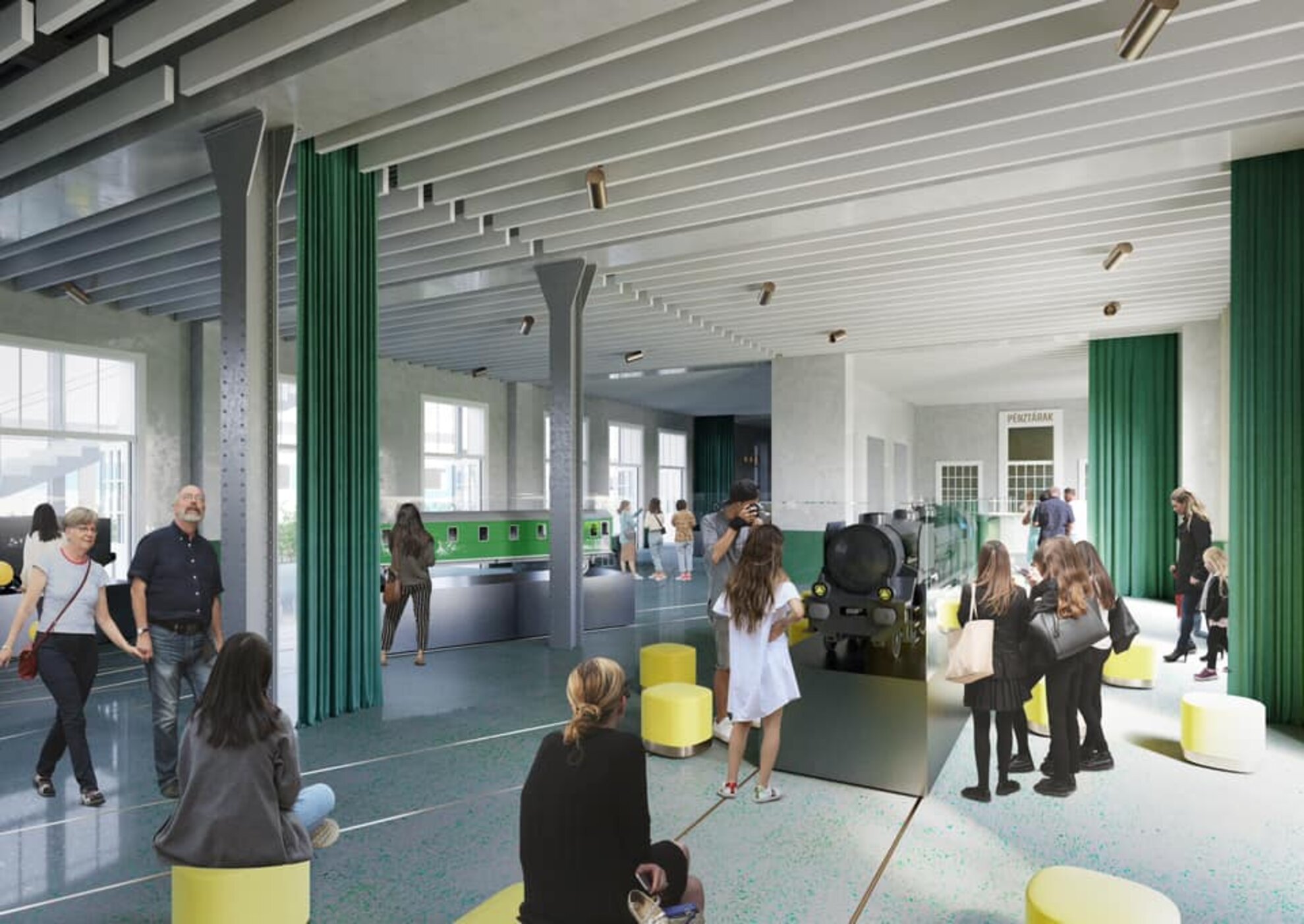
Built in 1884, Kelenföld station is
one of the oldest of its kind in Hungary. Until
the creation of Metro 4, it served its purpose well, trains stopping along its
many platforms before heading to Lake Balaton, further west to Vienna and Germany,
or south to former Yugoslavia.
Slowly, though, it lost its functions and its focus as the new Metro 4 station was built below. Meanwhile, Etele tér alongside was being developed, and the increasingly shabby station building became detrimental to the overall image of the area.
Demolition was even discussed, but fortunately the
building was granted heritage protection, and the district council decided to save and
transform it – and these visualisations by Építész Stúdió, commissioned by
the Museum of Transport, look very promising. Renovation will help the building
reflect its great history, and by the time it reaches its 150th anniversary, the
previous decades of neglect will be but a distant memory.
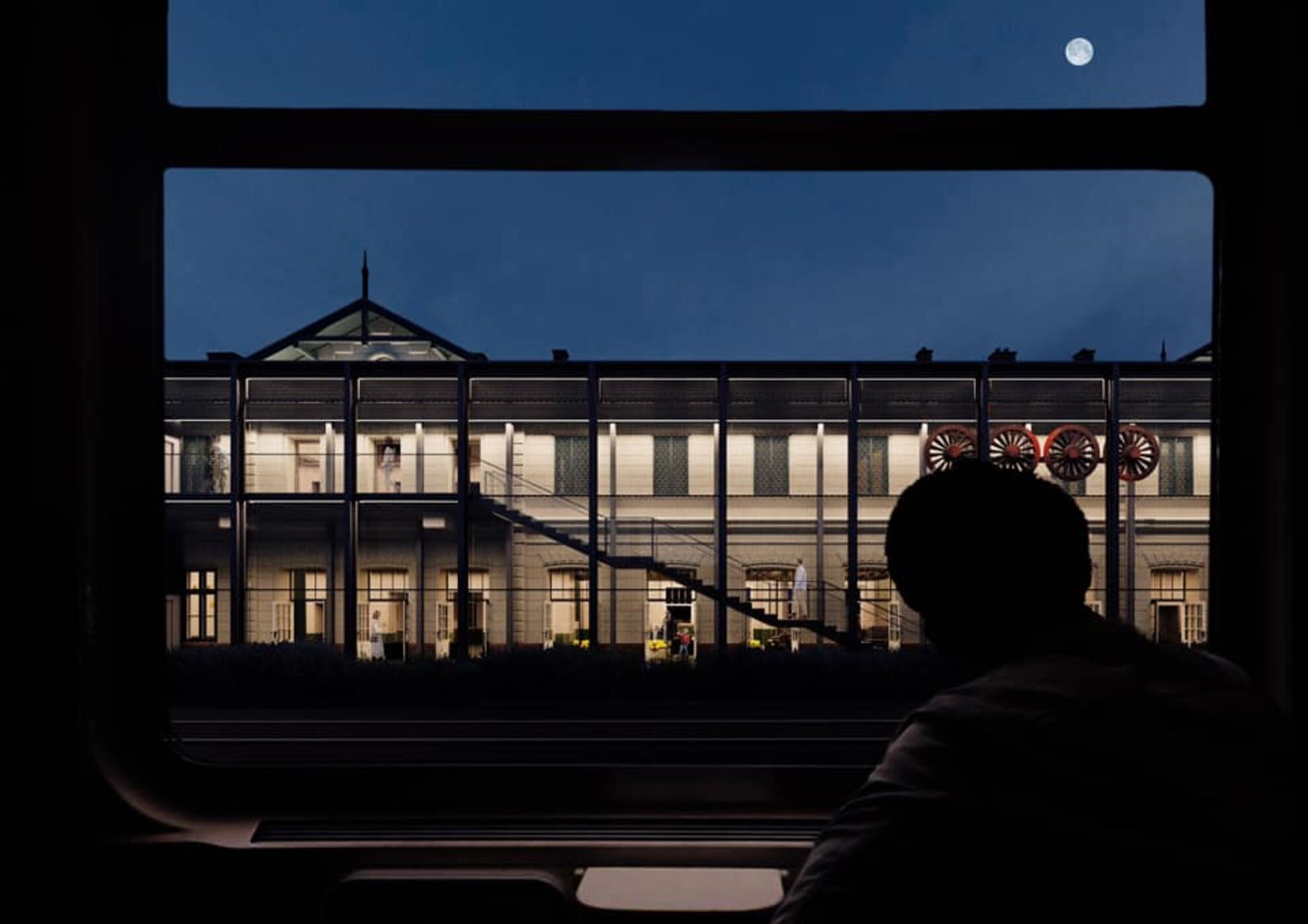
The exhibition space will display the past, present and future of Hungarian railways, as well as stories and memories related to Kelenföld. To make this happen, the Transport Museum is asking the public to reach out to them via email at kelenfold@kozlekedesimuzeum.hu with any old pictures, postcards, stories or other memorabilia linked with the site.
